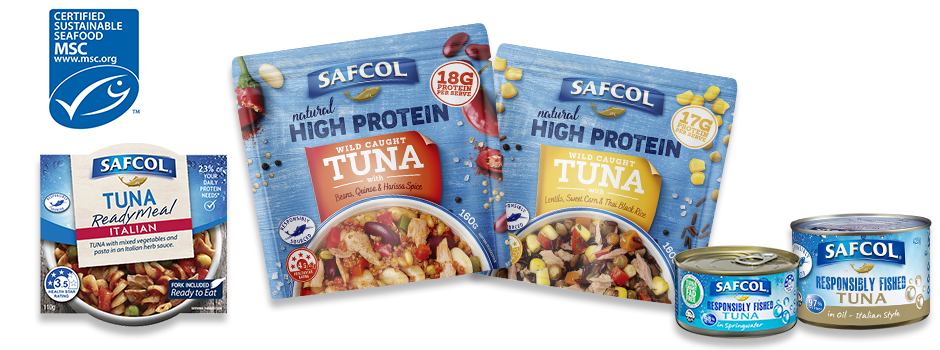Creatine reduces depression rates and symptoms
Posted on : July 1, 2022
by Ashleigh Feltham Accredited Practising Dietitian and Accredited Nutritionist
 Depression affects around one million Australians, severely impacting their ability to function and interfering with everyday life. There are many factors that influence the risk of developing depression; some are out of your control, such as genetics. But the good news is that there are lifestyle factors in our control that play a role in our state of mental health. Diet is one of these factors, and new research proposes that creatine may help reduce the incidence and severity of depression.
Depression affects around one million Australians, severely impacting their ability to function and interfering with everyday life. There are many factors that influence the risk of developing depression; some are out of your control, such as genetics. But the good news is that there are lifestyle factors in our control that play a role in our state of mental health. Diet is one of these factors, and new research proposes that creatine may help reduce the incidence and severity of depression.
Creatine is made from the three amino acids glycine, arginine and methionine. Although creatine is made from the building blocks of a protein, it is a non-protein compound. Creatine reduces depression rates and symptoms.
Creatine is a well-known supplement used to enhance sports performance. It is used to create a form of energy called Adenosine-triphosphate (ATP). Adenosine-triphosphate energy is necessary for short and intense forms of exercise, like sprinting. When there is more creatine available in our muscles, we can train at a higher intensity for a longer period of time. New research suggests that supplementation with creatine may help reduce the incidence as well as symptoms of depression.
Creatine not only enhances levels of adenosine-triphosphate in your muscles but also in the brain. Depression is linked to low levels of adenosine-triphosphate in the brain. Research reports that supplementing 0.3g of creatine per kilogram of body weight for 14 days increases levels of adenosine-triphosphate in the brain by 5-15%.
Evidence from the National Health and Nutrition Examination Survey (NHANES) shows the potential link between creatine supplementation and reduced risk of developing depression. This study was completed over a seven-year period using a cohort study design. There were 22 692 participants in this study.
Researchers concluded that those individuals with the highest levels of creatine in their diet had a 31% lower chance of developing depression. This association was seen most strongly in three groups. The first group consisted of women, who were 32% less likely to develop depression. The second group consisted of participants aged 20-39 years, who had 48% lower chance of developing depression. The third group consisted of people not taking any form of anxiolytic or antidepressant medication. This group was 42% less likely to develop depression.
 The body can create creatine, but we can also enhance the amount of creatine in our bodies by including whole foods in our diets, like meat and fish. A 100g serving of salmon gives your body 0.9g of creatine. A 100g serve of tuna provides your body with 0.4g of creatine.
The body can create creatine, but we can also enhance the amount of creatine in our bodies by including whole foods in our diets, like meat and fish. A 100g serving of salmon gives your body 0.9g of creatine. A 100g serve of tuna provides your body with 0.4g of creatine.
A long-term dosage of 3-5g of creatine is recommended to promote health and better performance. This is achievable through an overall balanced diet. If you decide to use a creatine supplement, always seek the advice of your general practitioner first.
Take home message
There are many ways you can look after your mental health. Creatine reduces depression rates and symptoms. Ensuring adequate amounts of creatine in your diet is an additional factor within your control to promote feelings of wellbeing and better mental health.
Reference:
- Lyoo IK, Kong SW, Sung SM, Hirashima F, Parow A, Hennen J, Cohen BM, Renshaw PF. Multinuclear magnetic resonance spectroscopy of high-energy phosphate metabolites in human brain following oral supplementation of creatine-monohydrate. Psychiatry Res. 2003 Jun 30;123(2):87-100. doi: 10.1016/s0925-4927(03)00046-5. PMID: 12850248.
- Bakian, A.V., Huber, R.S., Scholl, L. et al. Dietary creatine intake and depression risk among U.S. adults. Transl Psychiatry 10, 52 (2020).
- The Facts. Beyond Blue.




